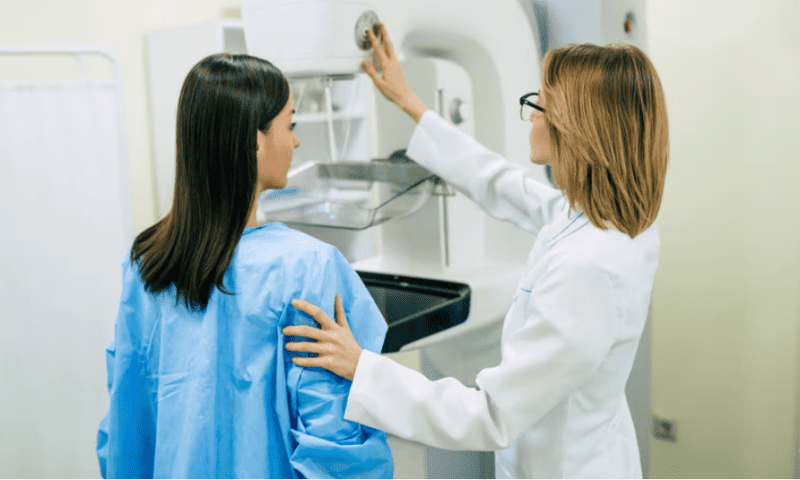Lewis Carroll’s White Rabbit may have been woefully behind schedule, but Silicon Valley’s Whiterabbit.ai is hoping to keep patients solidly on time for regular breast cancer screenings.
The startup—which emerged from stealth just last year—has developed a software program, dubbed ACT, that uses artificial intelligence to craft individualized patient outreach strategies to improve compliance with recommended mammogram schedules.
As part of a freshly inked partnership, Whiterabbit’s tech will be distributed by fellow AI developer Arterys, which has developed its own software that aims to help diagnose breast cancer through automated analysis of digital breast tomosynthesis images, also known as 3D mammograms.
“ACT drives the compliance of screening mammograms, which in turn potentially reduces interval cancers. ACT combined with our current Breast AI solution for tomosynthesis provides the end user a very unique platform in the fight against breast cancer,” Dan Arnoff, Arterys’ senior VP of commercialization, said in Tuesday’s announcement about the partnership.
Whiterabbit’s ACT program starts by taking in certain data points for each eligible patient, spanning their demographics, medical history and physical location; eligible patients include anyone who has undergone a screening mammogram within the last five years. From there, it builds a targeted outreach strategy—combining mammogram reminders and educational information about breast cancer risk—that it has deemed most effective in motivating patients, therefore upping the rates of screening compliance and potentially helping speed up the detection of breast cancer.
Those with an average risk of developing breast cancer are encouraged to undergo mammography screening every one to two years starting at the age of 40, but as of 2018, only about two-thirds of eligible patients had done so within the preceding two years, according to CDC data.
The algorithms aim to take the burden off clinicians in chasing down patients to schedule their screening appointments. The AI also helps space out those appointments across the calendar to help clinics manage the ensuing increase in mammography workload.
Whiterabbit’s algorithms were trained on millions of data points that help inform those outreach plans. According to the company, the ACT software has helped increase screening exam volumes by an average of at least 20% across more than 300 U.S. breast health clinics since its 2018 launch.
The goals of Whiterabbit’s ACT software go hand-in-hand with those of Arterys’ Breast AI, which aims to improve the detection not only of breast cancer but also of an increased risk of developing the disease.
Its deep learning algorithms rapidly analyze digital breast tomosynthesis scans, measuring and classifying density and detecting calcifications to identify early signs of cancer. The software factors in those findings, as well as an assessment of each patient’s racial and ethnic background, local diagnostic rates and other relevant factors to establish a score of their risk of developing breast cancer in the near term.

